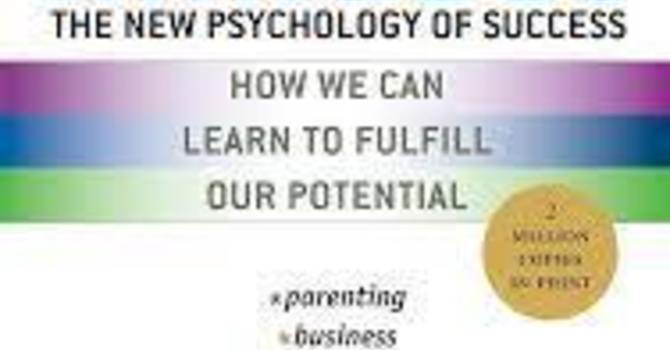.jpg)
Cognitive biases can influence our decision-making processes in today's fast-paced world. As professionals, especially in technical fields like engineering, we must mitigate these biases and ensure precise and foresighted decisions.
Acknowledging the Reality of Cognitive Biases
The first step towards effective decision-making is acknowledging the existence of cognitive biases. These biases are often subtle and unconscious, shaping our perceptions and judgments. It is essential to understand these biases, whether the familiarity bias leads us to favour the known over the unknown or the confirmation bias reinforces our preconceived notions. By recognizing the existence of bias and intentionally seeking out our biases, coupled with an effort to regulate these biases, we can improve the perspective and possibilities of our decision-making, actions, and impact on essential stakeholders. Figure 1 shows a simplified chart of bias typology.
Learning from Past Mistakes: Case Studies in Critical Errors
Examining past critical errors, such as the Challenger disaster or the Deepwater Horizon spill, provides invaluable insights into the consequences of flawed decision-making. Despite rigorous safety protocols and analyses, these incidents remind us of human judgment's fallibility. They prompt us to delve deeper into understanding what factors contribute to these errors and how we can prevent them in the future.
Navigating the Decision-Making Process
To navigate the decision-making process effectively, we must adopt a structured approach that accounts for cognitive biases. Asking probing questions such as identifying stakeholders' priorities, challenging assumptions, and evaluating communication clarity can help uncover potential blind spots. Moreover, aligning decisions with established standards and considering both short-term and long-term implications are essential.
Embracing Technology with Caution
While technology enhances our capabilities, we must approach it with caution. As Peter Drucker aptly stated, "Technology will force people to make true decisions." How do we, as technology practitioners, maintain responsible and considerate application of the system? For instance, AI technology is increasingly prevalent in our daily work. Despite the sophistication of automation, human judgment remains indispensable, especially in complex decision-making contexts.
Looking Ahead: Cultivating Awareness and Effectiveness
In conclusion, fostering awareness of cognitive biases and their impact is crucial for informed decision-making. We can navigate complex decisions effectively by learning from past mistakes, adopting structured approaches, and judiciously embracing technology. As we strive for excellence in our respective fields, let us heed the lessons of history and continually refine our decision-making processes for a brighter future.
Final Thoughts
In the words of Kofi Annan, "The spread of markets far outpaces the ability of societies and their political systems to adjust to them." It is a stark reminder of the need for agility and foresight in decision-making, especially in today's rapidly evolving landscape. We can chart a course toward more informed and impactful decisions by synthesizing insights from various disciplines and remaining vigilant against cognitive biases. The existence of biases, intentionally seeking them out and regulating them, we can improve our decision-making.
Chris Lalchan
Contact Me


